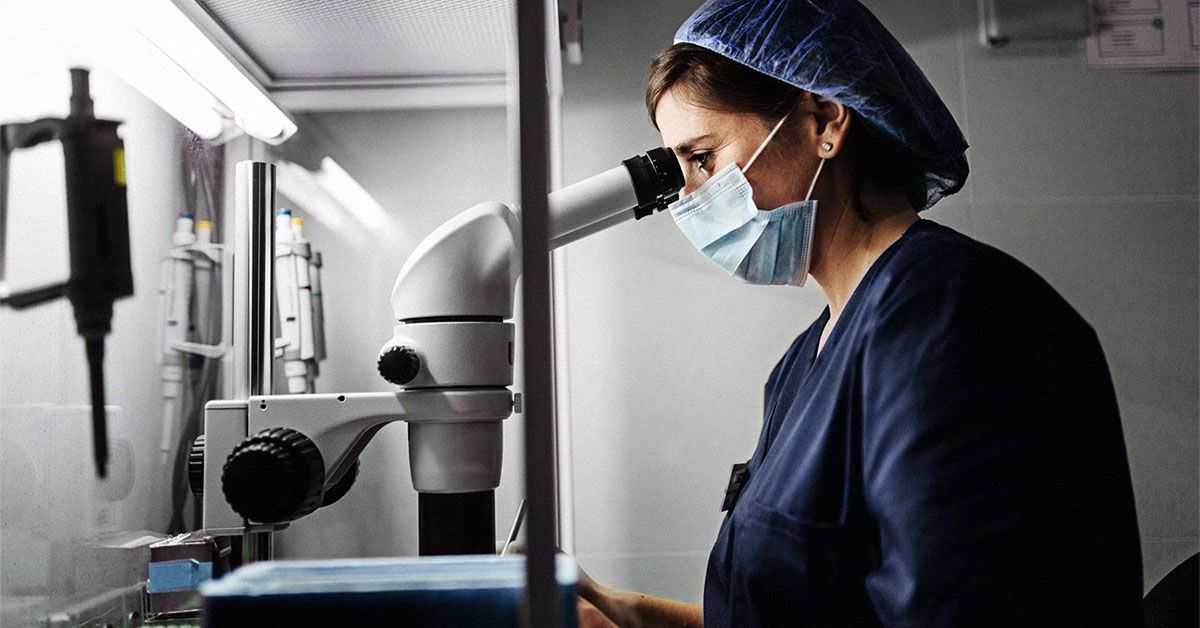Breast cancer is a common and potentially deadly disease that can affect both women and men. One particularly difficult-to-treat type of breast cancer is triple-negative breast cancer, which does not respond to traditional hormone therapies. However, a new study has identified two inhibitors that, when used together, can cause triple-negative breast cancer cells to revert to a state where they can be more easily destroyed, offering hope for a new treatment option.
The study, conducted by researchers at Mass General Brigham and published in Nature, targeted two proteins —AKT and EZH2— that are involved in the growth and proliferation of cancer cells. By inhibiting these proteins simultaneously, the researchers were able to induce triple-negative breast cancer cells to differentiate into a state where they could be effectively targeted and killed by the inhibitors. In cell culture studies, the combination treatment significantly reduced the number of cancer cells within just four days.
The researchers also used machine learning to identify which triple-negative breast cancer cells were most vulnerable to the combination therapy, allowing them to predict which patients may benefit the most from this treatment approach. This personalized approach to cancer treatment could improve outcomes for individuals with triple-negative breast cancer, offering a more effective and potentially less toxic alternative to traditional chemotherapy.
The findings of this study are particularly promising given the lack of effective treatment options for triple-negative breast cancer. Previous targeted therapies have had disappointing results in clinical trials, but the combination of AKT and EZH2 inhibitors offers a new approach that could significantly improve outcomes for patients with this aggressive form of breast cancer. Further research is needed to confirm these results in clinical trials and determine the potential of this combination therapy as a new treatment option for triple-negative breast cancer.
The potential of this combination therapy to successfully treat triple-negative breast cancer is especially significant considering the limited treatment options currently available for this aggressive form of breast cancer. By identifying a new approach that can effectively target and kill triple-negative breast cancer cells, researchers have the opportunity to improve outcomes for individuals with this difficult-to-treat disease. If confirmed in clinical trials, this combination therapy could offer a more effective and less toxic treatment option for patients with triple-negative breast cancer.
Overall, the findings of this study hold promise for the development of a new treatment option for individuals with triple-negative breast cancer. By targeting specific proteins involved in cancer growth and proliferation, researchers were able to induce triple-negative breast cancer cells to a state where they could be effectively destroyed by a combination of inhibitors. Further research is needed to validate these results in clinical trials, but the potential for personalized treatment approaches based on machine learning offers hope for improved outcomes and quality of life for individuals with this aggressive form of breast cancer.








